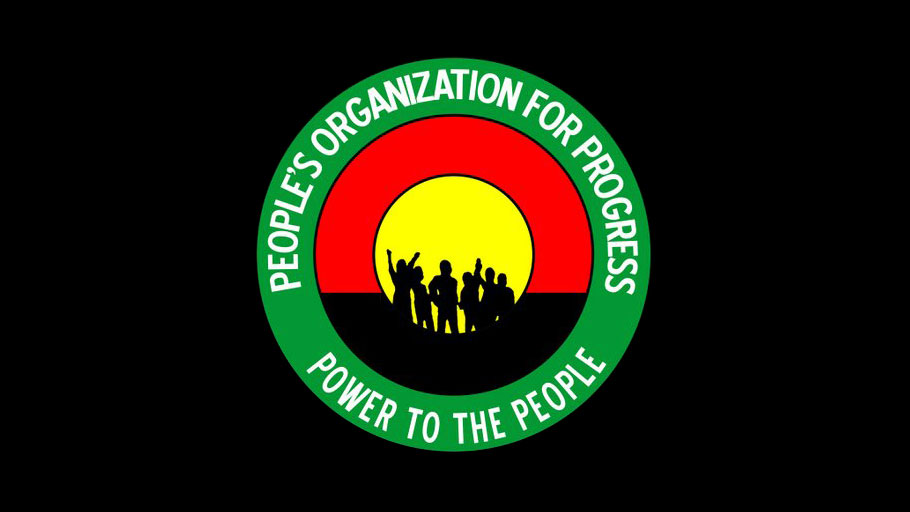
The People’s Organization for Progress is hosting the March and Rally for Reparations in Newark Saturday, June 23, at noon Participants will gather at the Lincoln Monument between Springfield Avenue…

The People’s Organization for Progress is hosting the March and Rally for Reparations in Newark Saturday, June 23, at noon Participants will gather at the Lincoln Monument between Springfield Avenue…
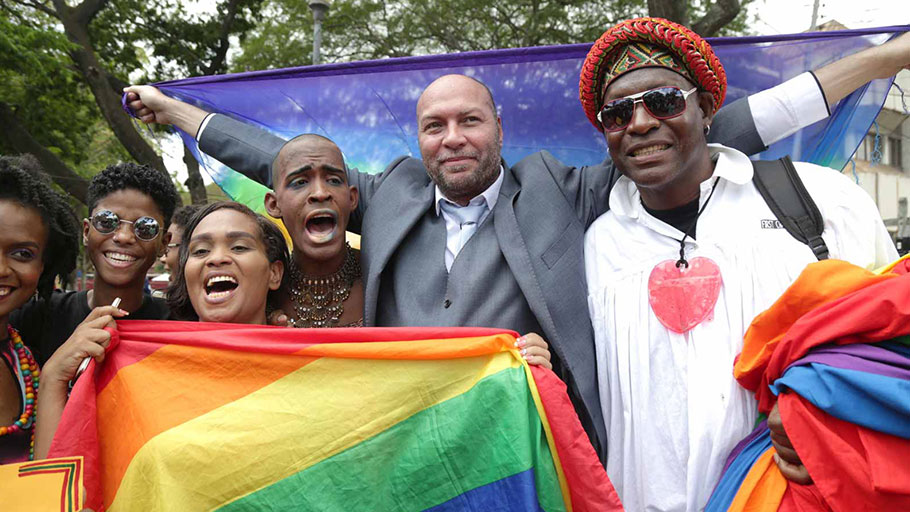
By Monique Roffey, NYR Daily — On April 12, outside the Hall of Justice in downtown Port of Spain, Trinidad and Tobago, the streets were alive with office workers going about their business, vendors hawking everything from CDs to shaved ice—the usual hubbub on a hot morning in the middle of the dry season. And yet, something unusual was taking place inside the Hall of Justice, and, as a result,…
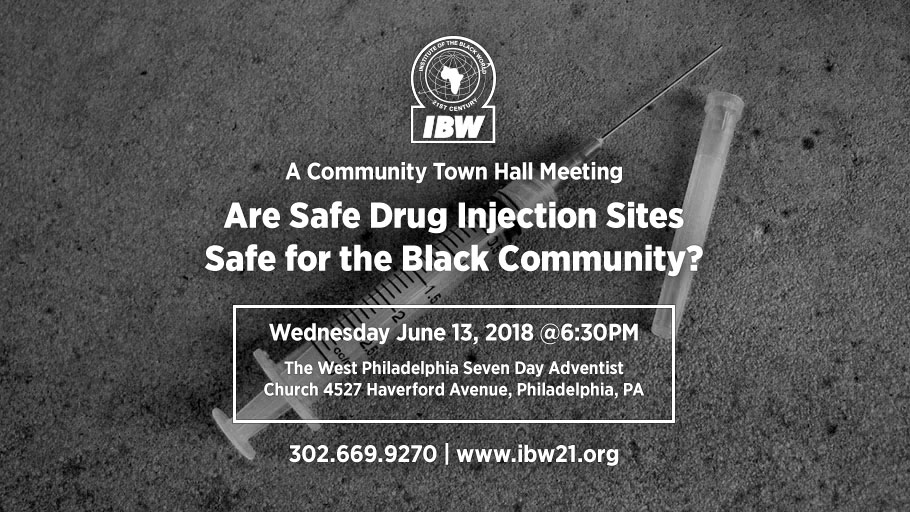
WED.JUNE.13 (Philadelphia, PA) — A Community Town Hall Meeting: Are Safe Drug Injection Sites Safe for the Black Community? The Issue: Mayor Jim Kenny, District Attorney Larry Krasner and drug policy reform advocates are promoting the idea of creating sites where drug users can take drugs under medical supervision. They believe this will reduce the harm that drug users might inflict on the community. Those who are opposed to safe injection sites, including States Attorney General Josh Shapiro, warn that this is simply encouraging rather than discouraging people to use drugs. We invite you to attend/participate in a Town Hall Meeting to hear about and discuss this very important issue.
June 4th Edition of Vantage Point — Topics: The Vision and Mission of the Poor People’s Campaign, Fratricide/Murders in the Black Community: Do Black Lives Matter to Black People? Guests: Rev. William Barber (National Coordinator, Poor People’s Campaign, North Carolina), Claudia De La Cruz (National Steering Committee, Poor People’s Campaign, New York, NY), Rev. Clyde Kuemmerle (New York Poor People’s Campaign, New York, NY), Earl Ofari Hutchinson (Los Angeles Urban Roundtable) and Andre Mitchell (Founder/Executive Director, Man Up, Inc., East New York, NY)
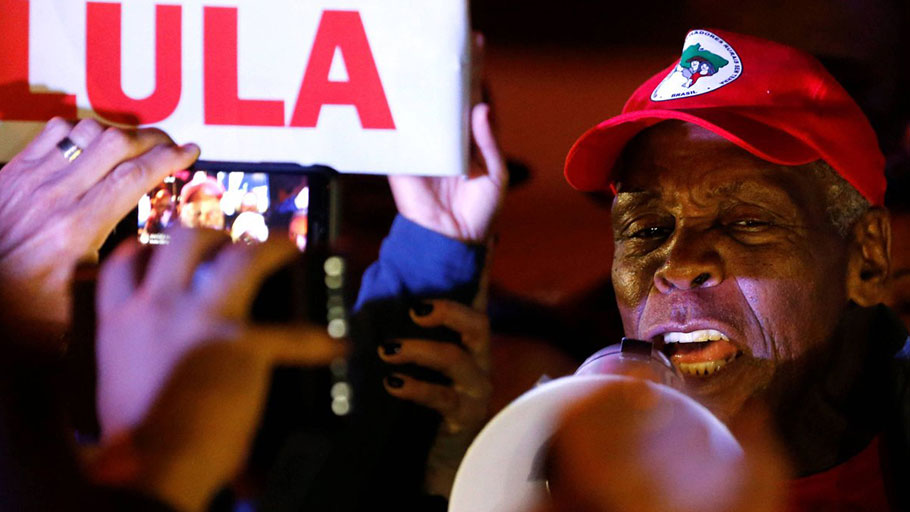
By Telesurtv.net — On Monday, Glover had breakfast with the family of Marielle Franco, the city-council member and LGBT activist murdered in Rio de Janeiro. During a trip to Brazil to show solidarity with popular movements and leaders, actor Danny Glover arrived in Curitiba where former President Luiz Inacio Lula da Silva is currently imprisoned to join occupier protesters at the Free Lula Vigil. The trip comes after the actor, famous for his roles in films like ‘Lethal Weapon’ and for…
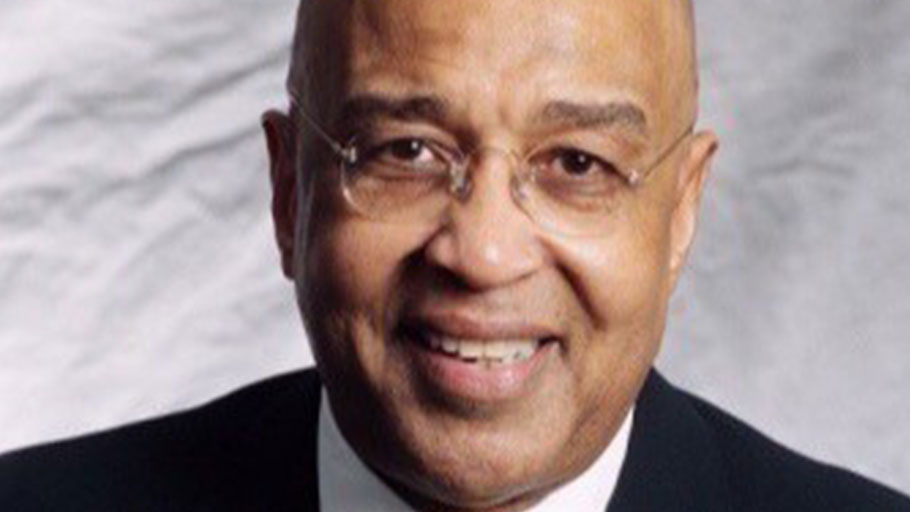
Lewis Myers Jr., a famed civil rights attorney and former NAACP deputy director, has died. Myers died Thursday night in a Chicago rehab facility after complications from surgery, the Chicago…
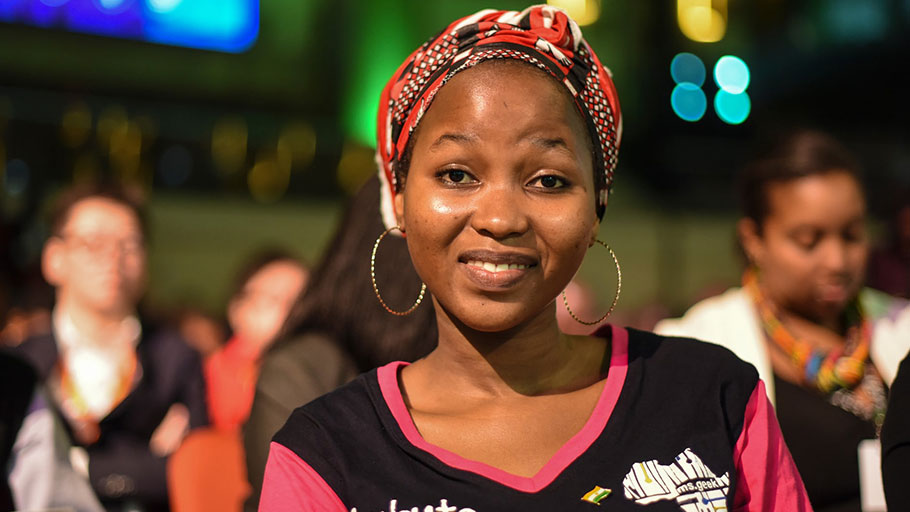
Long noted for its progressive stance on equality, Rwanda is the birthplace of a contest that champions female tech wizards. By Lauren Gambino, The Guardian — After years of women in evening gowns vying for the title of national beauty queen, glamour is giving way to geekery in Rwanda. A group of female tech entrepreneurs decided it was time to ditch Miss Rwanda for a different kind of competition, one that…
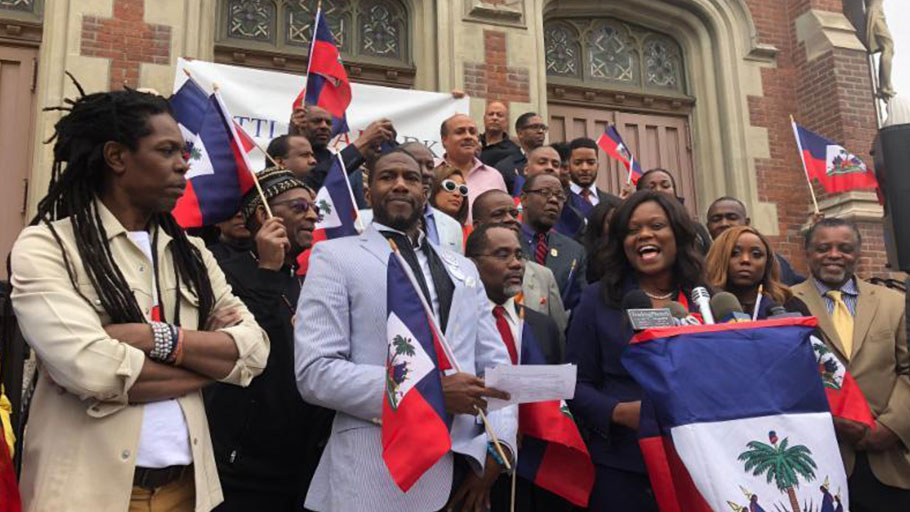
(Brooklyn, NY) Friday, Assemblymember Rodneyse Bichotte, Assemblymember Nick Perry, Council Member Jumaane D. Williams, Council Member Mark Treyger, Borough President Eric L. Adams, and community leaders kicked off Haitian Flag Day with the announcement of the establishment of a Little Haiti cultural and business district in Brooklyn and the unveiling of the Nostrand Ave co-name to Toussaint L’Ouverture Boulevard. The Brooklyn lawmakers made their announcement at a Press Conference on…
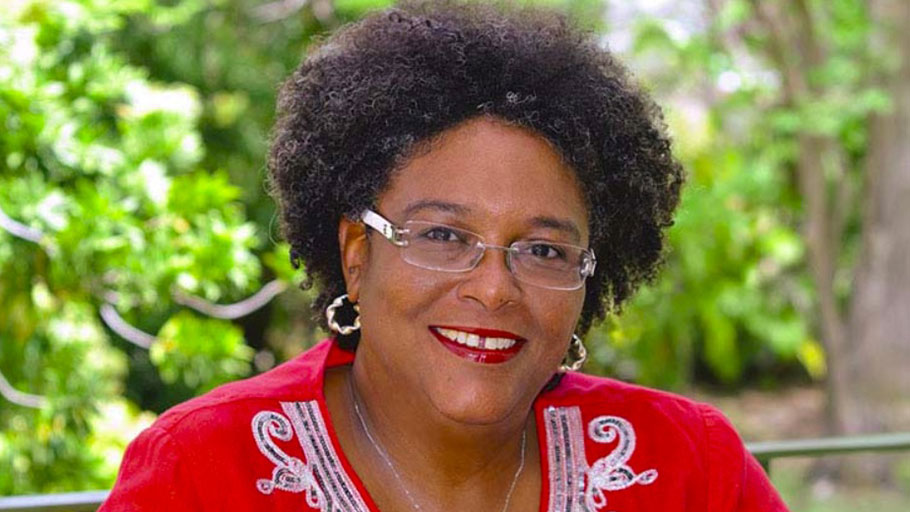
Mottley, 52, becomes Barbados’ eight Prime Minister and the fifth female head of government in the English speaking the Caribbean. The BLP attacked the current government on its policy of…
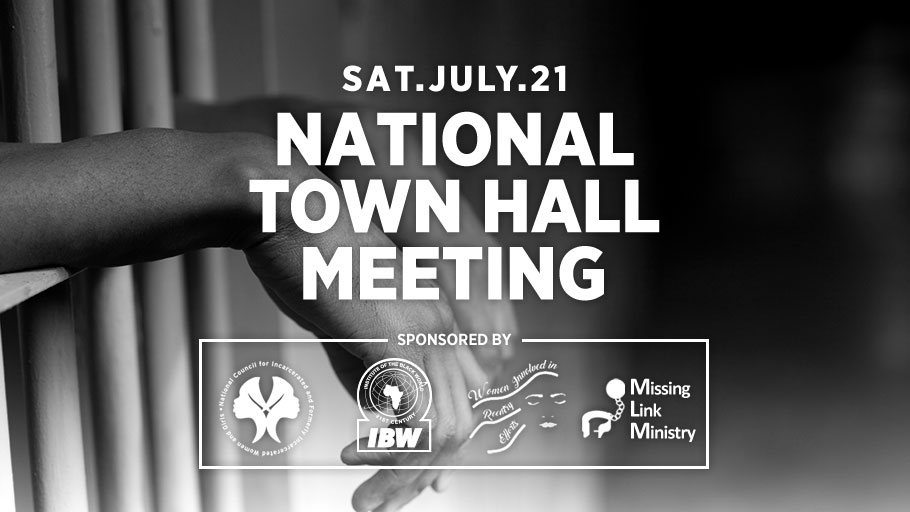
National Town Hall Meeting A National convening in collaboration with women across the nation who have been impacted by the Criminal Justice system and leaders who are engaging in gender-responsive,…
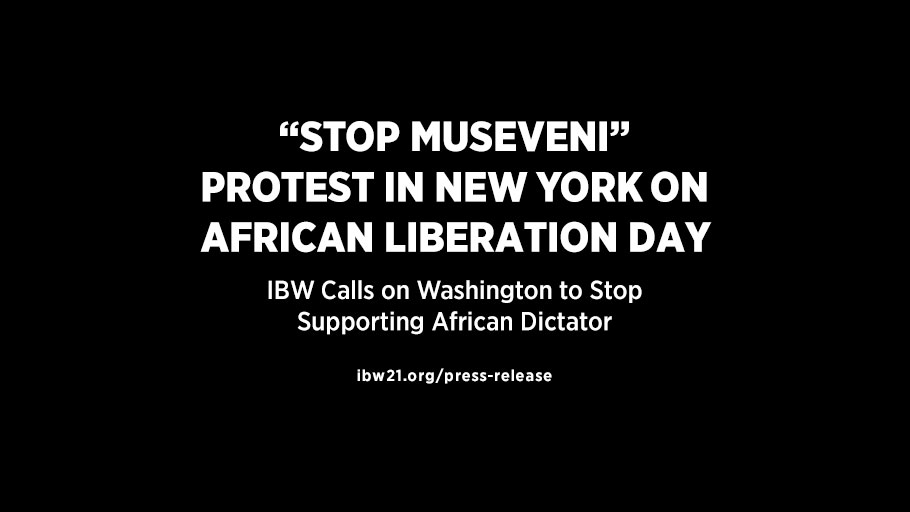
IBW Calls on Washington to Stop Supporting African Dictator. NEW YORK, MAY 22, 2018 — The Pan African Unity Dialogue (PAUD) will hold a demonstration outside Uganda’s Permanent Mission to the United Nations on May 25 to protest US-backed dictator Gen. Yoweri Museveni’s militarism which has led to the deaths of millions…

New York, May 21 — The Institute of the Black World 21st Century (IBW) announced today that the organization supports initiatives in New York and around the country that seek to repair the devastating damages done to Black communities by the War on Drugs and racially biased criminal justice policies. As the struggle for drug and criminal justice policy reform intensifies in New York City and NY State among policy advocates…